Introduction
Out of all of the foods that you might feel tempted to give your dog, spaghetti squash is one of the healthiest. It’s rich in fiber, so it can improve your pet’s digestion.
Spaghetti squash is also low in calories, and it contains a variety of vitamins and minerals.
Benefits for dogs
Healthy Fiber
Fiber is essential for maintaining good digestion. Most dogs don’t get enough healthy fiber, especially since commercial diets contain fiber from sources such as wheat or corn, which can upset a dog’s stomach.
The healthiest sources of fiber that you can provide to your dog are spaghetti squash and pumpkin.
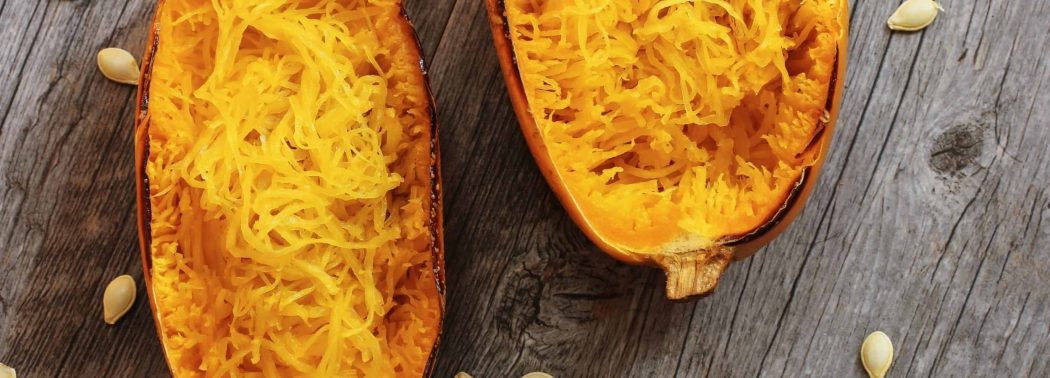
Vitamin C
Vitamin C is involved in a wide range of body processes, but the most important part that it plays is ensuring that your dog doesn’t get sick too often.
Spaghetti squash contains a good amount of vitamin C, especially when fed raw to your pet.
Vitamin A
Vitamin A supports bone health, a dog’s immune system, and it’s also paramount for your pet’s vision.
If you do not want your dog to develop cataracts or blindness in their senior years, supplementing their diet with vitamin A or adding spaghetti squash to their food can be a great way of going about things.
Vitamin B6
Vitamin B6 has been found to prevent heart disease and improve central nervous system health. It can also treat anemia, especially when paired with iron, and it’s contained in spaghetti squash.
Calcium
Dogs that don’t get enough calcium, especially while growing up, are at a high risk of developing rickets and other bone issues. Calcium can also prevent diseases such as osteoporosis.
Iron
This mineral is the primary component in hemoglobin, which is the substance that red blood cells are made of. Iron is incredibly important for transporting oxygen and nutrients to your dog’s organs.
How much to feed
Unlike other foods, spaghetti squash is not only safe but also very healthy. For this reason, most vets agree that you can even add a tiny amount to your dog’s meals every day.
However, if your dog is not used to this food, we advise gradually adding it to your dog’s diet. As healthy as it might be, it can create digestive distress if your pet is unaccustomed to eating squash.
Potential risks
Choking hazard
All of the hard parts, whether the shell or the seeds, can be risky to feed to your dog, especially if they are a small breed like a Pug or a Chihuahua. The soft parts are much safer by comparison.
Toxicity
While there haven’t been any studies performed on whether the seeds of any spaghetti squash variety are toxic or not, it’s generally acknowledged that most seeds, whether from fruit or veggies, are toxic for pets.
On top of that, they might get lodged into your dog’s intestines, blocking the digestion to the point that an obstruction is created.
Preparing the food
Some pet parents prefer feeding raw spaghetti squash to their pets as in this way, they get all of the nutrients and benefits, including the vitamins and minerals that this food contains.
You can bake or boil the spaghetti squash if your dog is a senior and has lost their teeth for example, or if you feel that it’s safer this way. Make sure to clean the spaghetti squash for any contaminants.
Removing the shell will also remove any weed killer or pesticide traces, so that’s another detail to consider.
Another aspect that we have to note here is that you should avoid using any condiments, spices, or seasonings on the spaghetti squash. If you cook spaghetti squash for your family with butter or other such ingredients, do not feed it to your dog.
Make sure to prepare a separate batch for your pet, one that doesn’t contain salt, pepper, or oils.
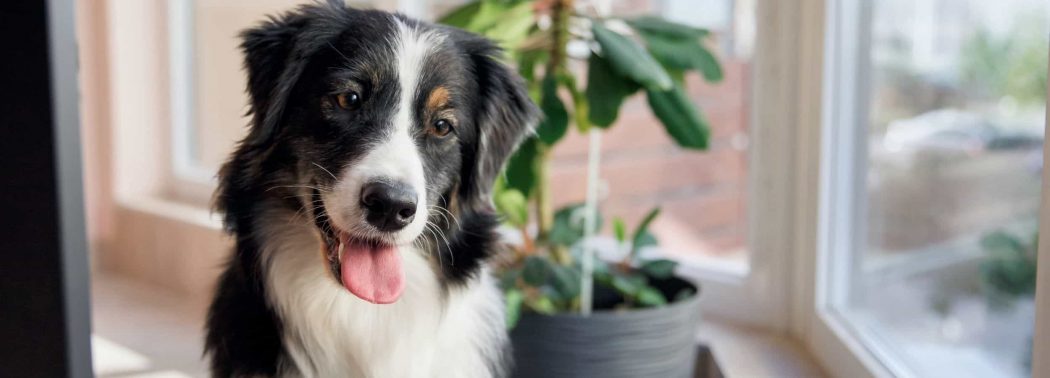
Serving ideas
Whether you feed spaghetti squash to your dog in its raw state or you cook it, it’s really not that difficult to integrate it into your pet’s diet. You can mix it with their canned food if you’re unsure whether they might like or dislike it on its own.
If you like preparing homemade dog food, you can always cook some nuggets that can contain spaghetti squash using some ground beef or minced chicken meat.
Conclusion
Spaghetti squash is generally a safe food to feed to dogs. You should remove the shell, the core, as well as the seeds as they might present a choking hazard.
You can feed it to your pet either raw or cooked so long as you don’t add any spices whatsoever or any salt or oils to it.
In terms of benefits, spaghetti squash is rich in many nutrients, from vitamin A and B6 to calcium and iron. It also contains a good amount of fiber, which can improve a dog’s digestion, especially if your pet tends to suffer from gastrointestinal problems.
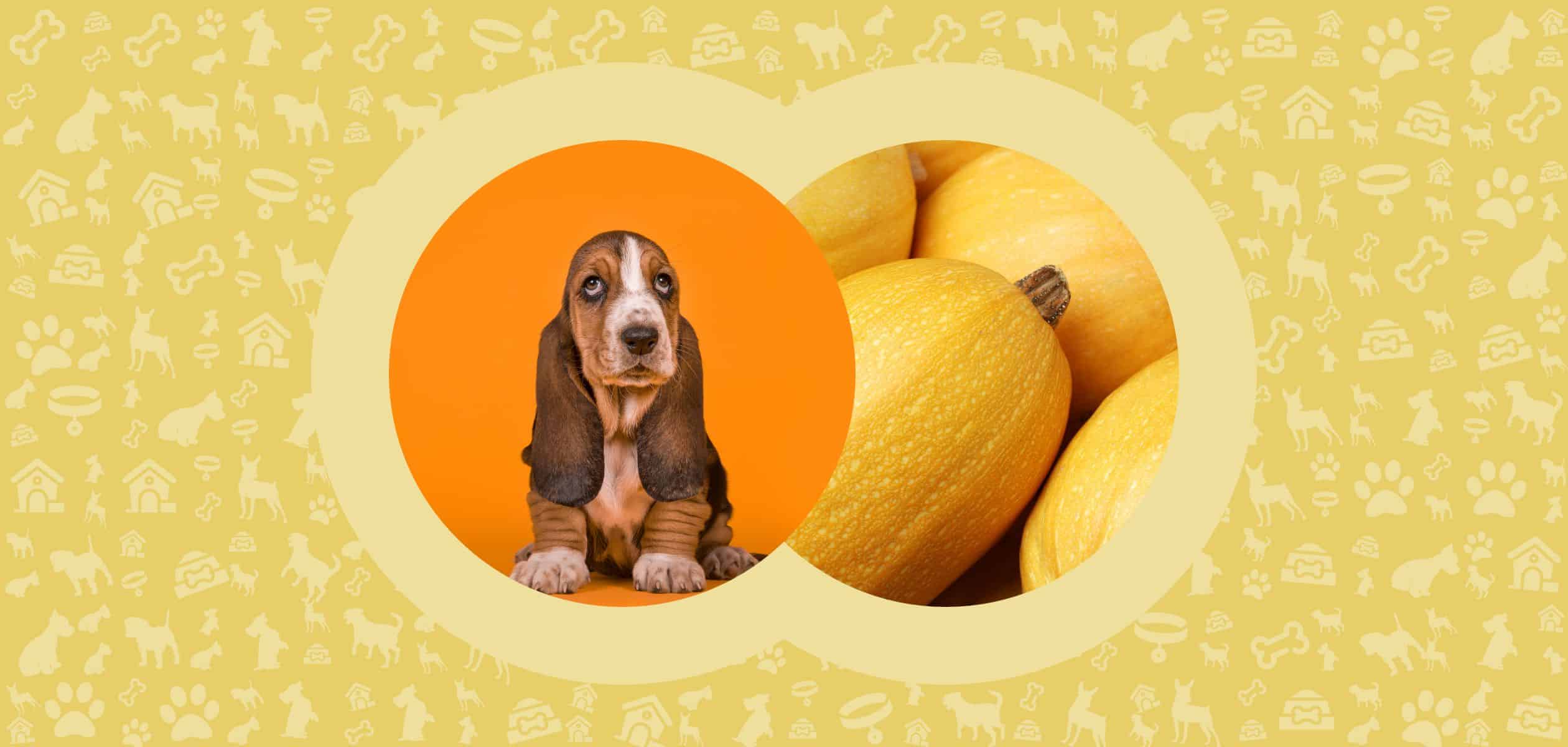
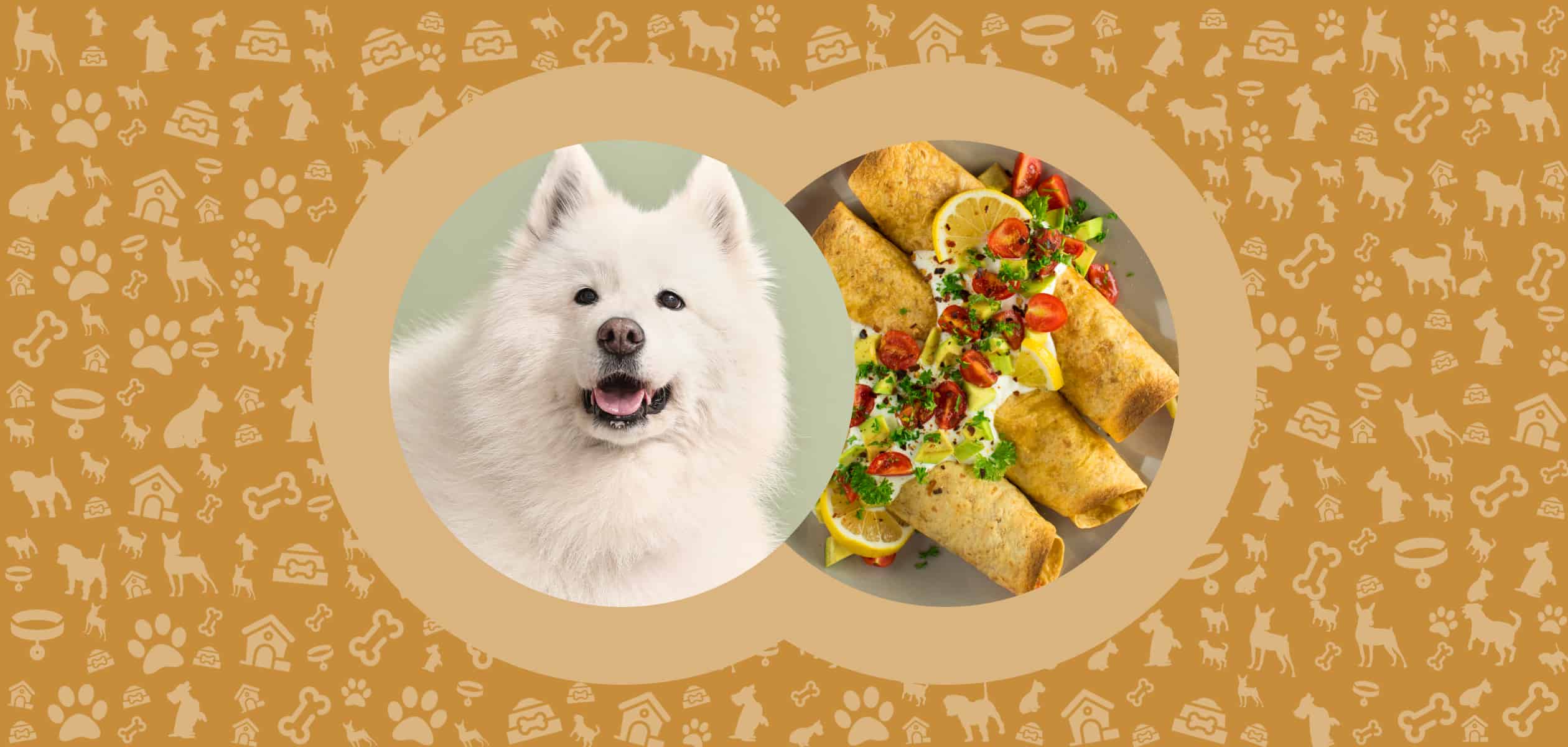
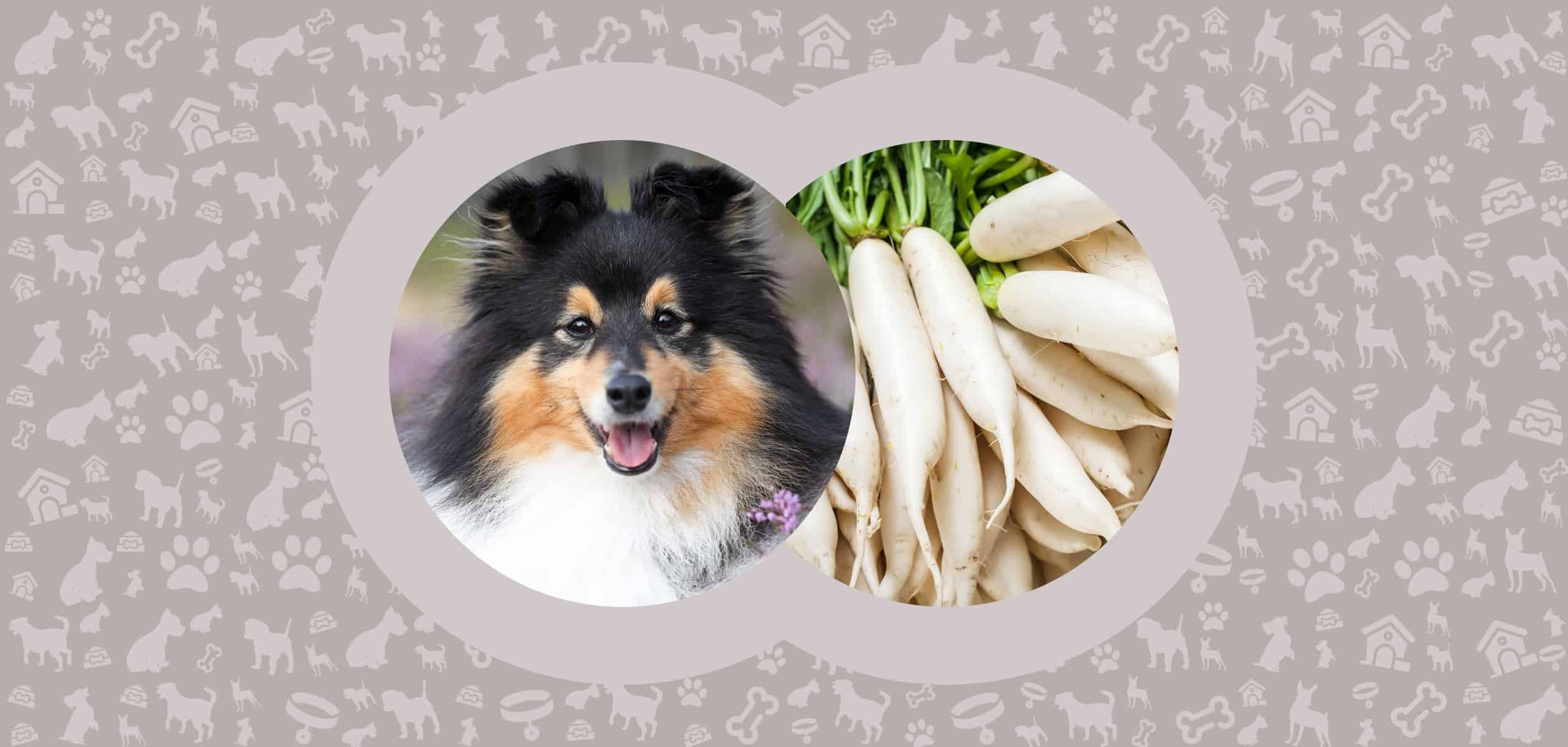
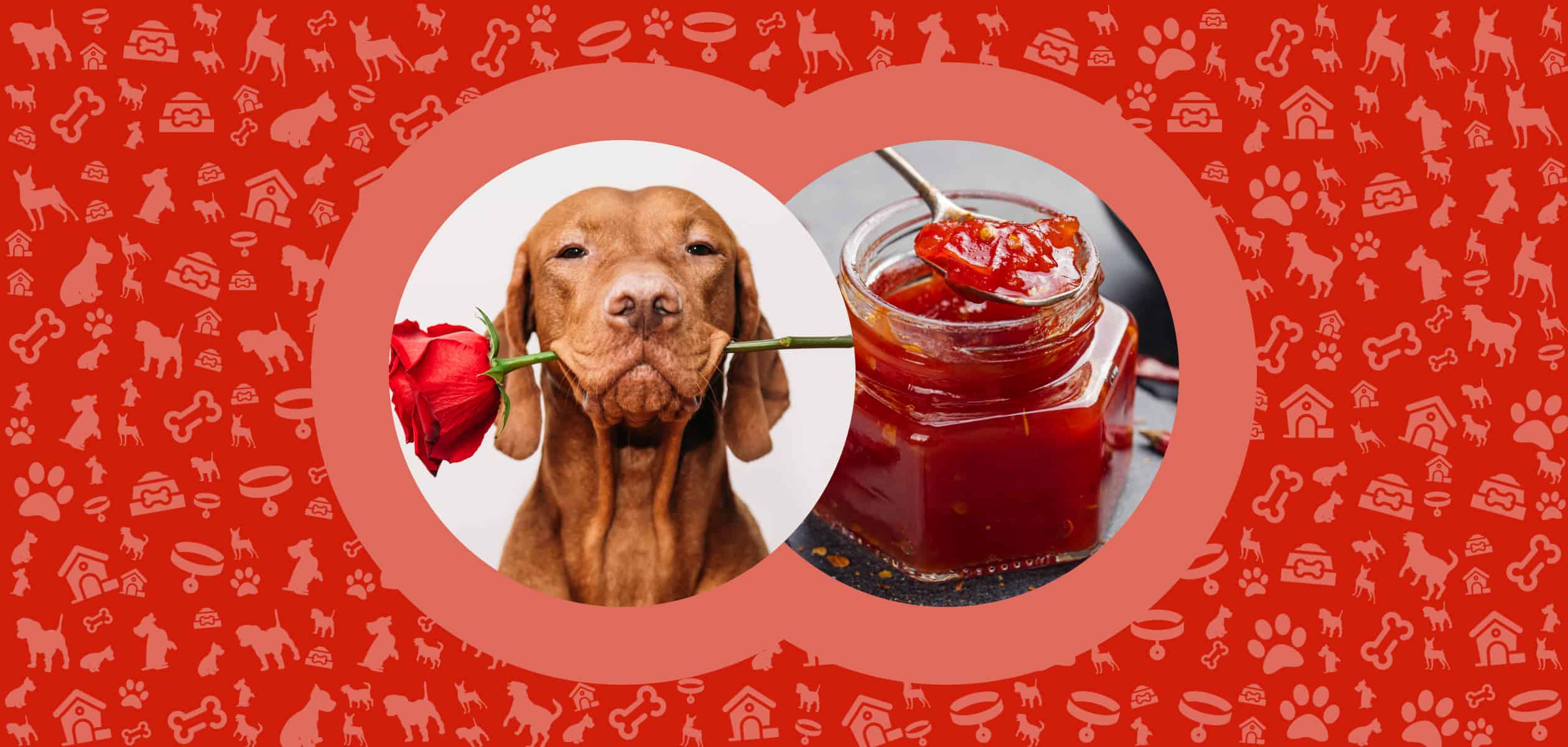
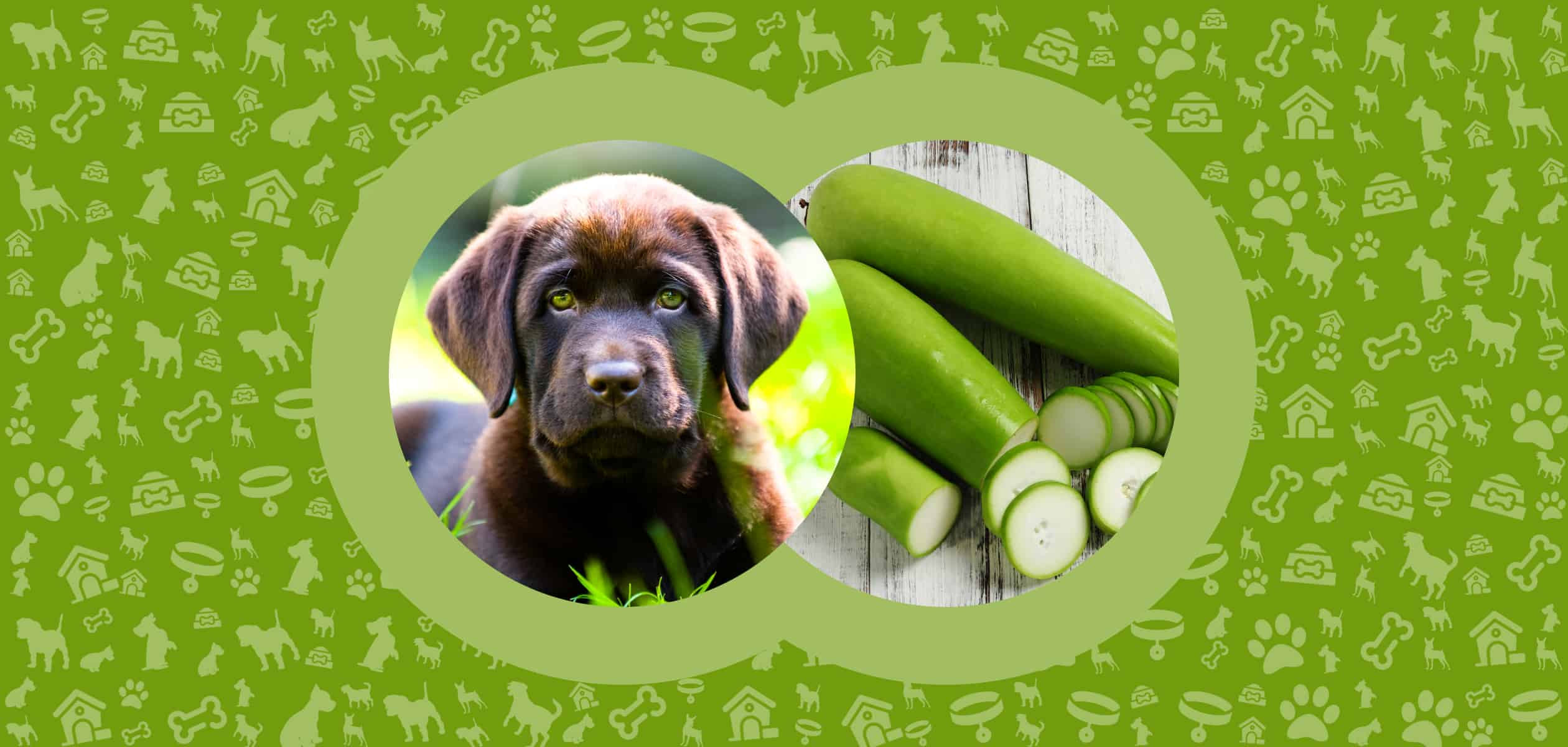
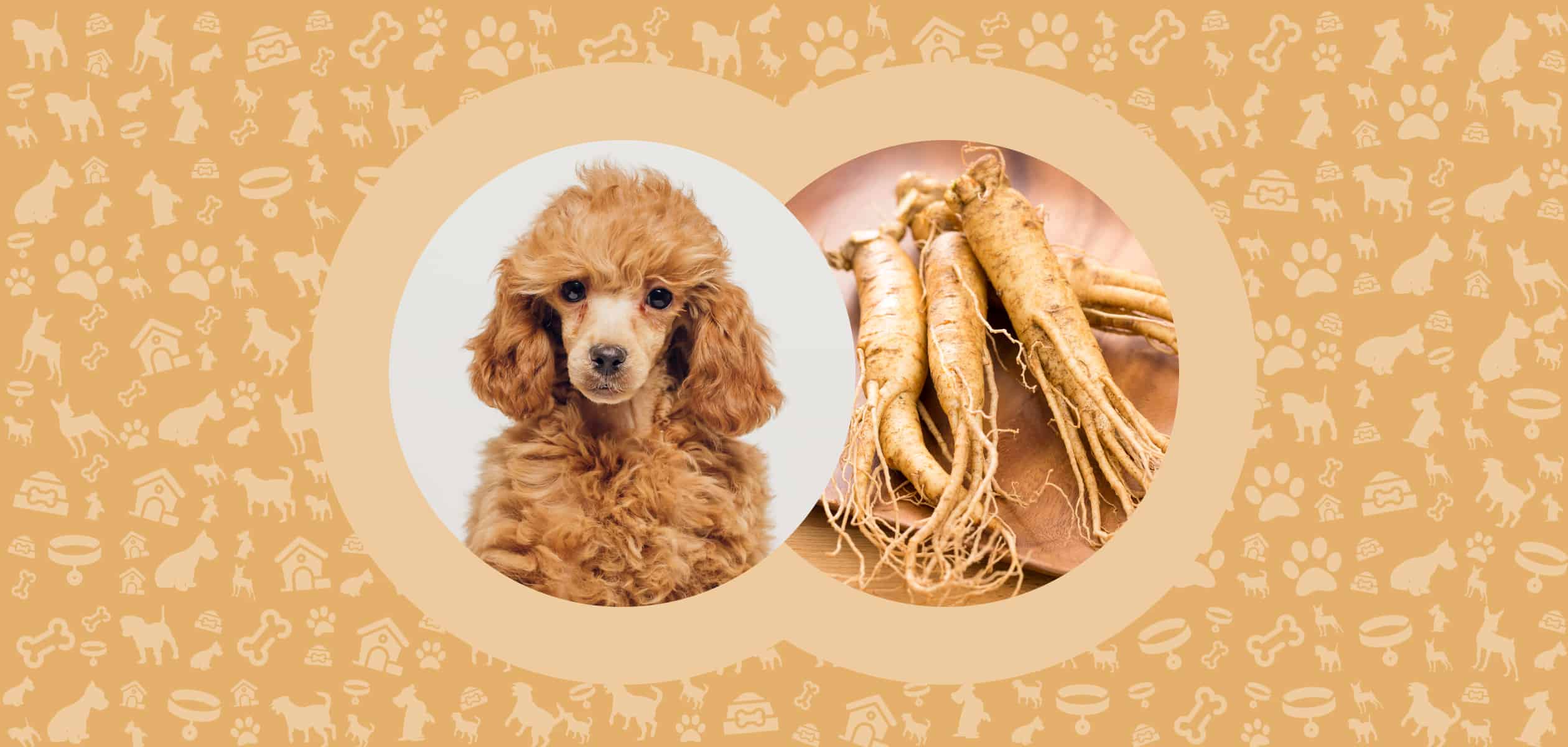
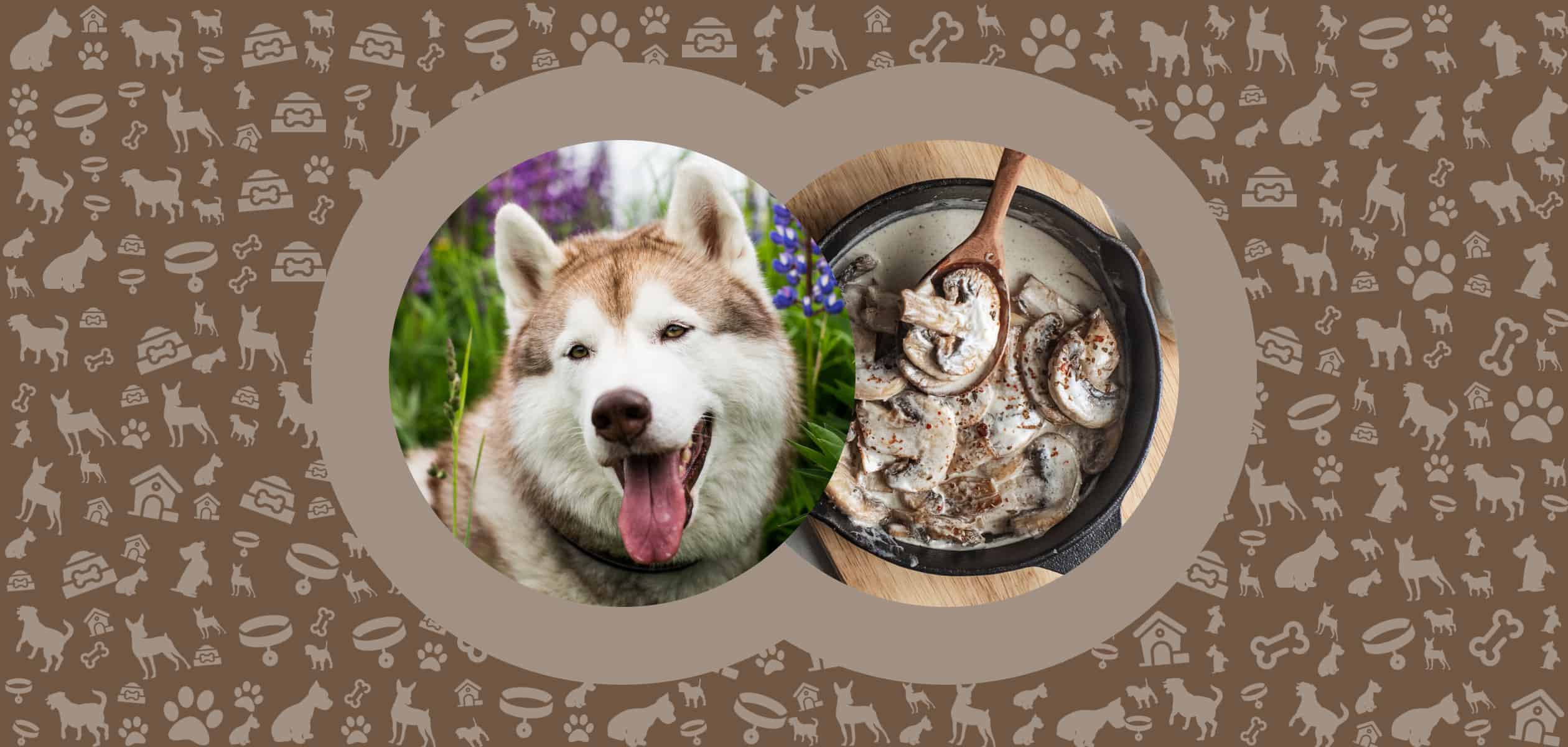
Leave a Comment